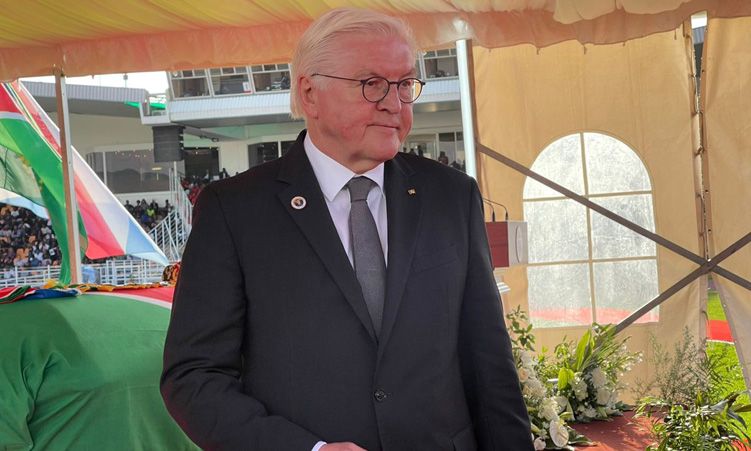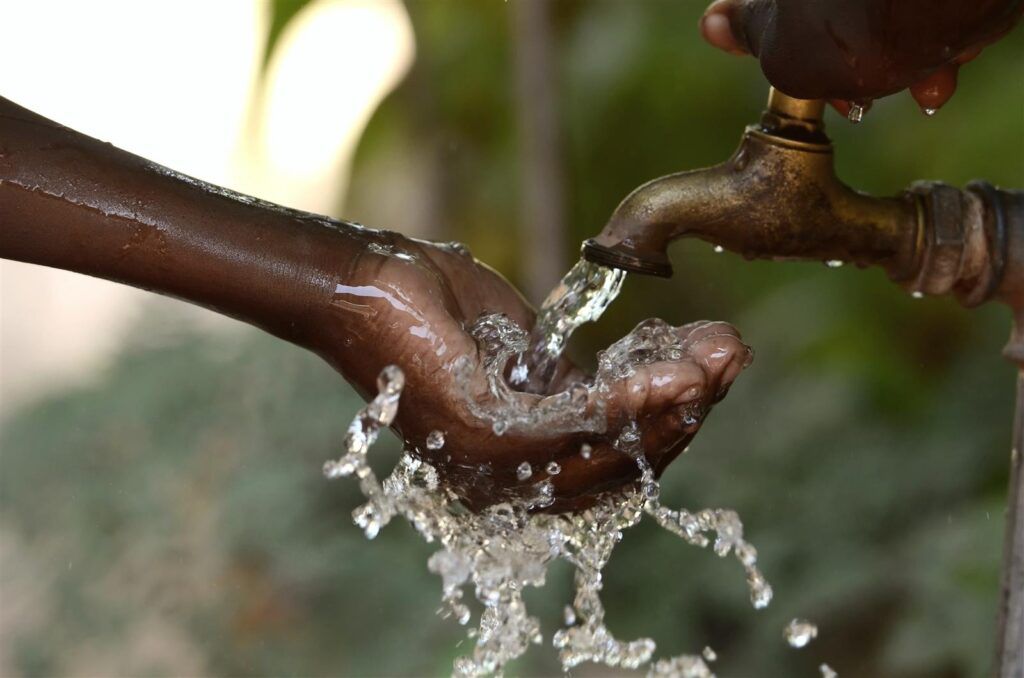YAOUNDE – Opposition leaders and voters in Cameroon have complained of delays at polling booths and other organisational shortfalls at a presidential election expected to seal a new term for incumbent Paul Biya.
Accounts that some voters cast two ballots while others did not vote at all risk undermining the credibility of the poll in the central African oil-producer, weeks after a poll in Zambia showed change through the ballot box is possible in Africa.Sunday’s polling ended peacefully but power supply problems meant the count in some districts was conducted by candelight, the flashlights of mobile phones or, as at one district in the capital Yaounde, the headlights of a motorbike. Results could take as long as two weeks to emerge.’Some polling stations opened late, some appeared unclear on the rules about how votes are cast,’ Commonwealth observer mission leader Frederick Mitchell said by telephone.Biya’s main rival John Fru Ndi of the Social Democratic Front (SDF) said a surplus of voting slips meant some had voted twice in certain parts of the country and warned election body Elecam would be blamed for the ‘disorder and confusion’.Casting his vote, Biya asked for patience.’It (Elecam) is a young organisation … I’m just asking that there should be indulgence in any eventual imperfection. There was no intention to fraud,’ he said.That did not satisfy Yaounde resident Samuel Enyegue one of a number of voters interviewed by Reuters who said he had been unable to cast his vote.’This is pure rubbish,’ said Enyegue outside a polling station in the Biyem-Assi district. ‘I cannot understand why I registered but my name is not on the (voters’) list.’After voting ended, a Reuters reporter in Yaounde saw 19 polling stations where ballots were being counted without the required presence of candidates’ representatives.State media hailed a mass turnout but there was little evidence of queues despite the fact that many polling stations failed to open at 8h00 local as scheduled.’It is a disgrace that many Cameroonians did not register and even the few who did would not come out to vote,’ 53-year-old secondary schoolteacher Bernard Ojong said.’When we don’t vote how do we ever expect things to change? This is very frustrating.’Aside from its oil, Cameroon is the region’s main maritime entry point and breadbasket, supplying Chad, Central African Republic, Congo Republic and Gabon. Yet its economic growth is below average for Africa and critics cite democratic failings.Biya faces 22 candidates including Fru Ndi and Adamou Ndam Njoya of the Cameroon Democratic Union (UDC).In the last election in 2004, Biya scored just over 70 per cent, while his closest rival, Fru Ndi, took 17 per cent.In 2008 a move by Biya to scrap term limits, and anger over food prices, led to street protests in which more than 100 people died, but for most of the past three decades it has seen relative stability in a turbulent region.However, one issue which has not gone away is a separatist movement in the south and last week security forces detained more than 200 people after they held a banned rally calling for the right to secede.- Nampa-Reuters
Stay informed with The Namibian – your source for credible journalism. Get in-depth reporting and opinions for
only N$85 a month. Invest in journalism, invest in democracy –
Subscribe Now!







